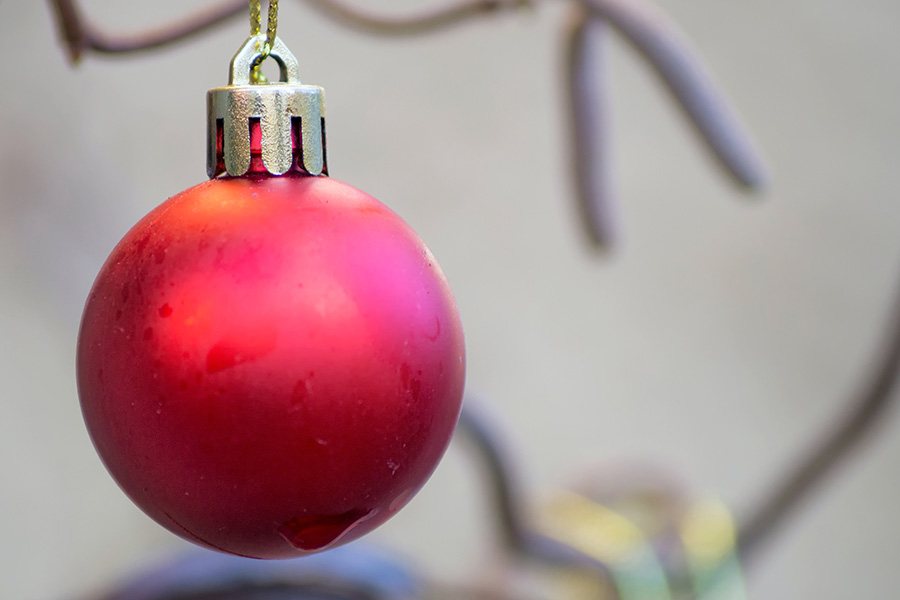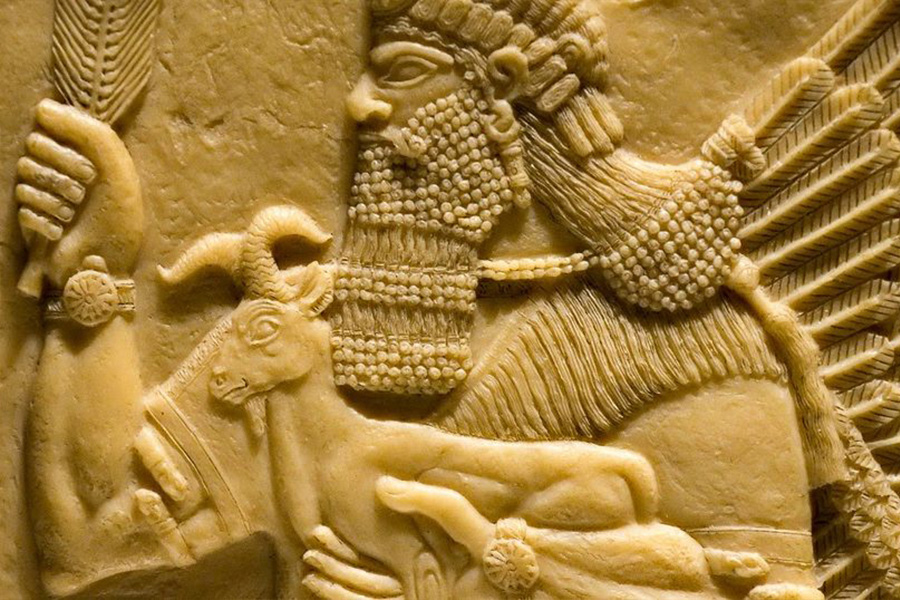The word ād (𐤏𐤃) means “perpetuity” meaning endless or indefinitely long duration or existence; eternity.
The Paleo-Hebrew language or the original language of the Ābarayam is one spoken with an emphasis on the rauakh (breath, wind, spirit). With the language of the Ābarayam, each letter has a meaning and a number associated with it that adds meaning to each word they’re used with. Below you will be able to learn more about the letter in Ancient Hebrew, Yiddish Hebrew, Greek, and much more.
Letter Meanings
| Letter | Meaning |
|---|---|
| 𐤏 (ā) – ā | eye, to see, experience, watch, heed, know, cover, color |
| 𐤃 (d) – da | tent door, pathway |
| Ābarayat Number | 74 = 70 (ā) + 4 (d) |
| Hebrew Gematria | 5 = 1 (a) + 4 (d) |
| English Gematria | 30 = 6 (a) + 24 (d) |
| Simple Gematria | 5 = 1 (a) + 4 (d) |
Based on the meaning of the letters the word could be defined as:
- “Eye of pathway”
- “Cover of pathway”
- “To see a pathway”
- “Experience of pathway”
- “Watch of pathway”
- “Knowledge of pathway”
Definitions for 𐤏𐤃 / ād
| Language | Word | Transliteration | Pronunciation | Definition |
|---|---|---|---|---|
| Ābarayat | 𐤏𐤃 | ād | ehd | perpetuity, all, continually, Eternal, ever, forever, forevermore, old, perpetual, Potentially written as ghad (pronounced: ghawd). |
| English | perpetuity | perpetuity | pur-pi-too-i-tee | endless or indefinitely long duration or existence; eternity. |
| Hebrew | עַד | ad | ad | perpetuity |
| Arabic | أبدية or حتى | ‘abadia or hataa | aw-ba-dee-aw or ha-taa | eternity, perpetuity |
| Greek | ἀεί | aei | ah-eye’ | always, unceasingly, perpetually; on every occasion. |
Images for 𐤏𐤃 / ād


Definitions for 𐤏𐤃𐤉 / āday
When adding the 𐤉 (yad) to the end of a word, it creates a possessive of the original word. It can either signify “my…” or identify a member of a nation. For example, 𐤏𐤁𐤓 (Ābar) is the progenitor, but 𐤏𐤁𐤓𐤉 (Ābaray) is the singular descendant of him also known as a Hebrew.
| Language | Word | Transliteration | Pronunciation | Definition |
|---|---|---|---|---|
| Ābarayat | 𐤏𐤃𐤉 | āday | eh-dey | ornaments, excellent, mouth, ornament |
| English | ornament | ornament | awr-nuh-muhnt | an accessory, article, or detail used to beautify the appearance of something to which it is added or of which it is a part. |
| Hebrew | עֲדִי | adi | ad-ee' | ornaments |
| Arabic | ||||
| Greek |
Images for 𐤏𐤃𐤉 / āday


Definitions for 𐤏𐤃𐤉𐤌 / ādayam
When adding the 𐤌 (mayam) after the 𐤉 (yad) to the end of a word, it creates a plural of the original word. It can identify multiple members of a nation. For example, 𐤏𐤁𐤓 (Ābar) is the progenitor, but 𐤏𐤁𐤓𐤉𐤌 (Ābarayam) are the plural descendants of him also known as Hebrews.
| Language | Word | Transliteration | Pronunciation | Definition |
|---|---|---|---|---|
| Ābarayat | 𐤏𐤃𐤉𐤌 | ādayam | ehd-yawm | witnesses |
| English | witnesses | witnesses | wit-nis | to be present at (an occurrence) as a formal witness, spectator, bystander, etc. |
| Hebrew | עַדים | adim | ad-eem | witnesses |
| Arabic | ||||
| Greek |
Images for 𐤏𐤃𐤉𐤌 / ādayam


Definitions for 𐤏𐤃𐤉𐤕 / ādayat
When adding the 𐤕 (tau) after the 𐤉 (yad) to the end of a word, it creates a plural of the original word. It identifies the language or a sign of a nation’s existence. For example, 𐤏𐤁𐤓 (Ābar) is the progenitor, but 𐤏𐤁𐤓𐤉𐤕 (Ābarayat) is the language of him also known as Paleo-Hebrew language.
| Language | Word | Transliteration | Pronunciation | Definition |
|---|---|---|---|---|
| Ābarayat | 𐤏𐤃𐤉𐤕 | ādayat | ehd-yawt | Edith 𐤏𐤃𐤉𐤕𐤉𐤌 (ādayatayam) is a derivative of this word and could mean riches or wars. |
| English | Edith | Edith | ee-dith | a female given name: from Old English words meaning “rich, happy” and “war.” |
| Hebrew | עַדית | Edith | ee-dith | Edith עֲדִיתַיִם (Adithayim) is a derivative of this word and could mean riches or wars. |
| Arabic | ||||
| Greek |
Images for 𐤏𐤃𐤉𐤕 / ādayat


Classification
You can continue your studies of the words by viewing Strong’s entries for:



